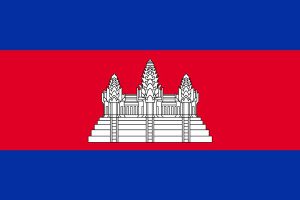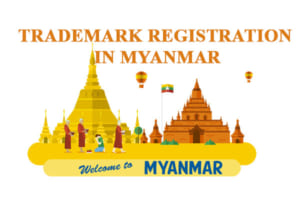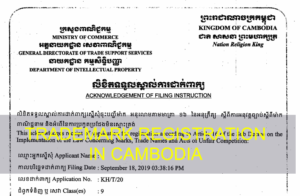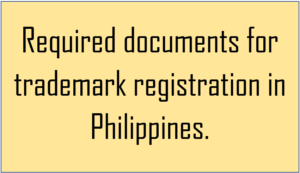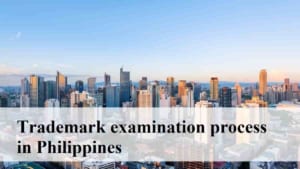The Madrid system of international registration of marks may be used only by a natural person or a legal entity which has a real and effective industrial or commercial establishment in, or is domiciled in, or is a national of, a country which is party to the Madrid Agreement or the Madrid Protocol, or which has such an establishment in, or is domiciled in, the territory of an intergovernmental organization which is a party to the Protocol, or is a national of a member State of such an organization.
The Office of the Contracting Party with respect to which a person or entity fulfills one or more of the above conditions is referred to as the “Office of origin”. A mark may be the subject of an international registration, if it has been registered, or if its registration has been applied for in the Office of origin. However, where the international application is governed exclusively or partly by the Agreement, the mark may be the subject of an international registration only if it has already been registered in the Office of origin.
Contracting Party
An application for international registration must designate one or more Contracting Parties in which the mark is to be protected. It may not designate the Contracting Party whose Office is the Office of origin. Further Contracting Parties may be designated subsequently. A Contracting Party may be designated only if that Contracting Party and the Contracting Party whose Office is the Office of origin are both party to the same treaty (Agreement or Protocol). The Madrid system of international registration cannot be used by a person or entity which does not have the necessary connection, through establishment, domicile or nationality, with a member of the Madrid Union (The term “Madrid Union” can be used to describe those jurisdictions party to either the Madrid Agreement or the Madrid Protocol , or both). Furthermore, it cannot be used to protect a trademark outside the Madrid Union.

